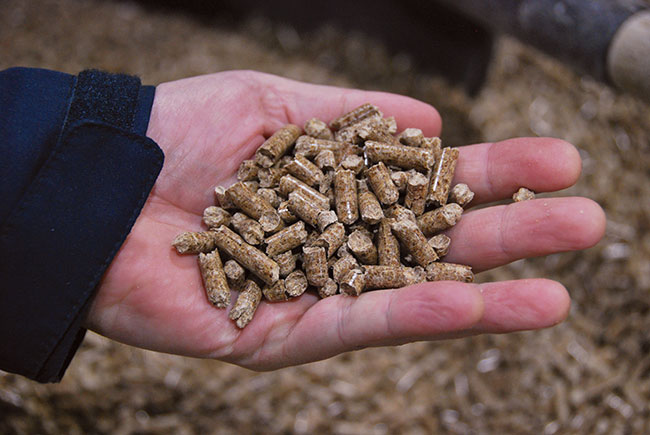
As Canadians adjust to the new norm of social distancing and non-essential business closures for at least the next few weeks, wood pellet plants and supply chain services remain open across the country.
But the conditions for ‘essential’ businesses such as wood pellet production differ from province to province.
Here is a list of where provinces stand:
British Columbia
Under non-health essential service providers, B.C. lists businesses that “ensure global continuity of supply of primary and value-added forestry/silviculture products.” This includes wood fuel, along with lumber, pulp, paper and soft-pulp products. Transportation is also considered essential, allowing wood fuel to reach the desired markets.
Alberta
Alberta released its list of essential businesses on March 27, which includes businesses that ensure the global continuity of supply of forestry products. This includes wood fuel, lumber, pulp and paper. It also deems transportation as essential.
Ontario
Ontario has shut down non-essential businesses for at least two weeks, starting March 23. The province’s list of essential workplaces includes companies that ensure the global supply of forest products, including wood fuel.
Quebec
Under ‘maintenance and operation of strategic infrastructures,’ Quebec has declared the production, supply, transmission, transportation and distribution of bioenergy essential.
New Brunswick
New Brunswick is allowing production and manufacturing operations to remain open provided they “apply all the social distancing and hygiene recommendations of the Chief Medical Officer of Health.” Commercial transportation is not explicitly listed, but it likely to be exempt from closure.
Nova Scotia
Nova Scotia has declared that transportation and manufacturing are essential. These businesses are exempt from the province’s limit on gatherings of more than five people, but employees are required to maintain social distancing.
Saskatchewan
Saskatchewan released a list of critical public services and allowable businesses last week. Production, processing and supply chains of the forestry sector were included in the list of allowable business services, as well as the transportation, storage and distribution of goods.
Manitoba
Manitoba released a list of essential services on March 30. It includes transportation and businesses “engaged in the extraction or processing of natural resources” such as forest products and aggregates, including businesses engaged in the production or sale of biofuels.
P.E.I.
On March 27, P.E.I. ordered the closure of non-essential government services and businesses. Supply chain businesses, including industrial manufacturers, are on the list of essential services.
Newfoundland and Labrador
Newfoundland and Labrador closed all businesses providing in-person service on March 23. Non-retail businesses are allowed to stay open provided workers maintain six-feet of distance between themselves.
Yukon/N.W.T./Nunavut
The three territories have not ordered the closure of non-essential businesses.
Federal
On April 2, the federal government recognized that Canada’s forest products sector and its workers provide essential products and services to Canadians.
Last week, in an open letter addressed to Prime Minister Justin Trudeau, Wood Products Association of Canada (WPAC) executive director Gordon Murray shared how the wood pellet industry is continuing to operate while following the health and safety recommendations laid out by the World Health Organization and the Government of Canada.
This article has been updated to reflect the current status of wood pellet operations as of April 2, 2020.
Print this page
